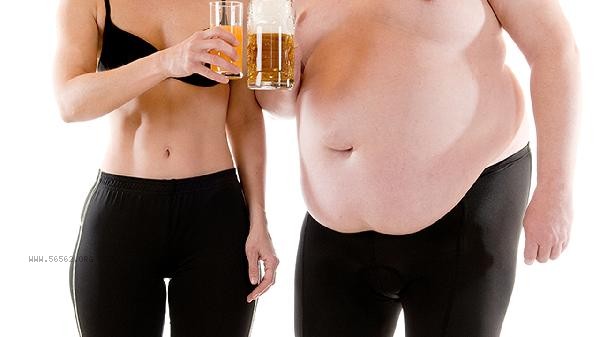Weight loss cannot rely solely on hunger. Scientific weight loss requires reasonable control of diet combined with exercise. Although hunger based weight loss may be effective in the short term, it can lead to muscle loss, decreased metabolism, and a tendency to rebound.

1. Disadvantages of Hunger Weight Loss
Excessive dieting can lead to a 20-30% decrease in basal metabolic rate, causing the body to enter an "energy-saving mode" while consuming muscle tissue for energy supply, resulting in a decrease in fat breakdown efficiency.
2. Scientific Dietary Control
It is advisable to control the daily calorie deficit at 300-500 calories, ensure protein intake (1.2-1.5 grams per kilogram of body weight), and choose low GI foods to maintain blood sugar stability.

3. The Importance of Exercise
Strength training can maintain muscle mass, while aerobic exercise directly consumes fat. The combination of the two can increase resting metabolic rate by 5-8%, forming a sustained fat burning effect.
4. Metabolic regulation mechanism
Adequate sleep (7-8 hours) and regular eating can maintain leptin levels, avoiding overeating and metabolic disorders caused by long-term hunger.

It is recommended to lose 0.5-1 kilogram of weight per week, in conjunction with body fat percentage monitoring, to avoid solely pursuing weight loss. Establishing sustainable eating and exercise habits is the long-term solution.






Comments (0)
Leave a Comment
No comments yet
Be the first to share your thoughts!